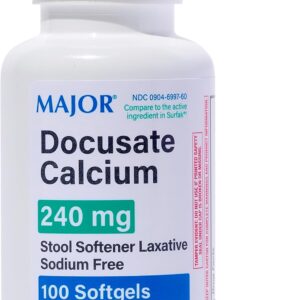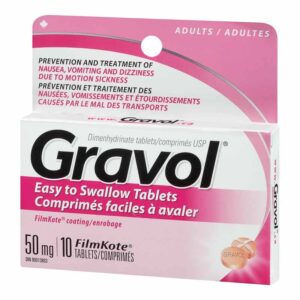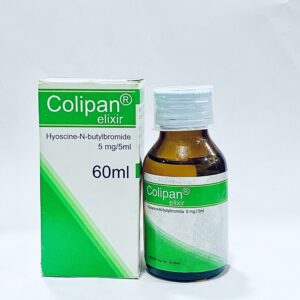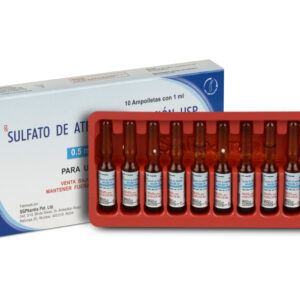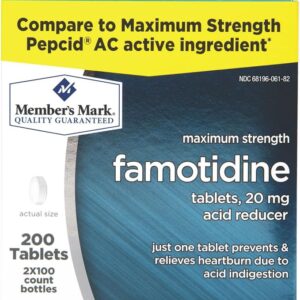-
Docusate calcium
Docusate Calcium is a stool softener similar to docusate sodium, used to ease constipation.
Applications:
-
Softens stool to make bowel movements easier.
-
Ideal for patients recovering from surgery or childbirth, or with hemorrhoids.
Side Effects:
-
Common: mild cramps, diarrhea, bitter taste.
-
Serious (rare): allergic reactions, throat irritation (liquid form).
Br120.00
Docusate calcium
Br120.00 Select options This product has multiple variants. The options may be chosen on the product page -
-
Docusate sodium
Docusate Sodium is a stool softener used to treat or prevent constipation.
Applications:
-
Softens stool by increasing water and fat absorption in the intestines.
-
Often used post-surgery or in patients who should avoid straining.
Side Effects:
-
Common: mild abdominal cramps, diarrhea, bitter taste.
-
Serious (rare): throat irritation (with liquid form), allergic reactions.
Br120.00
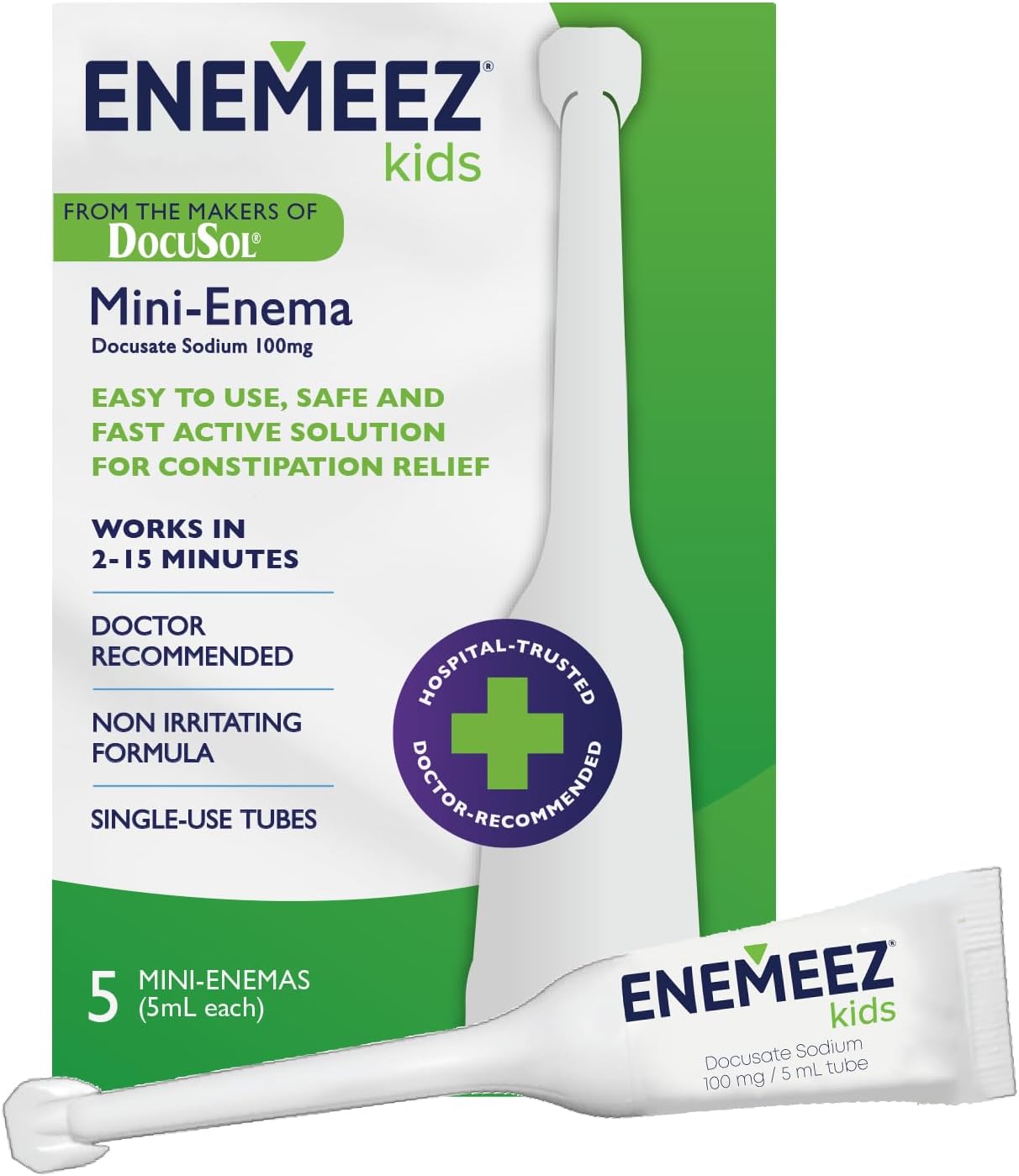
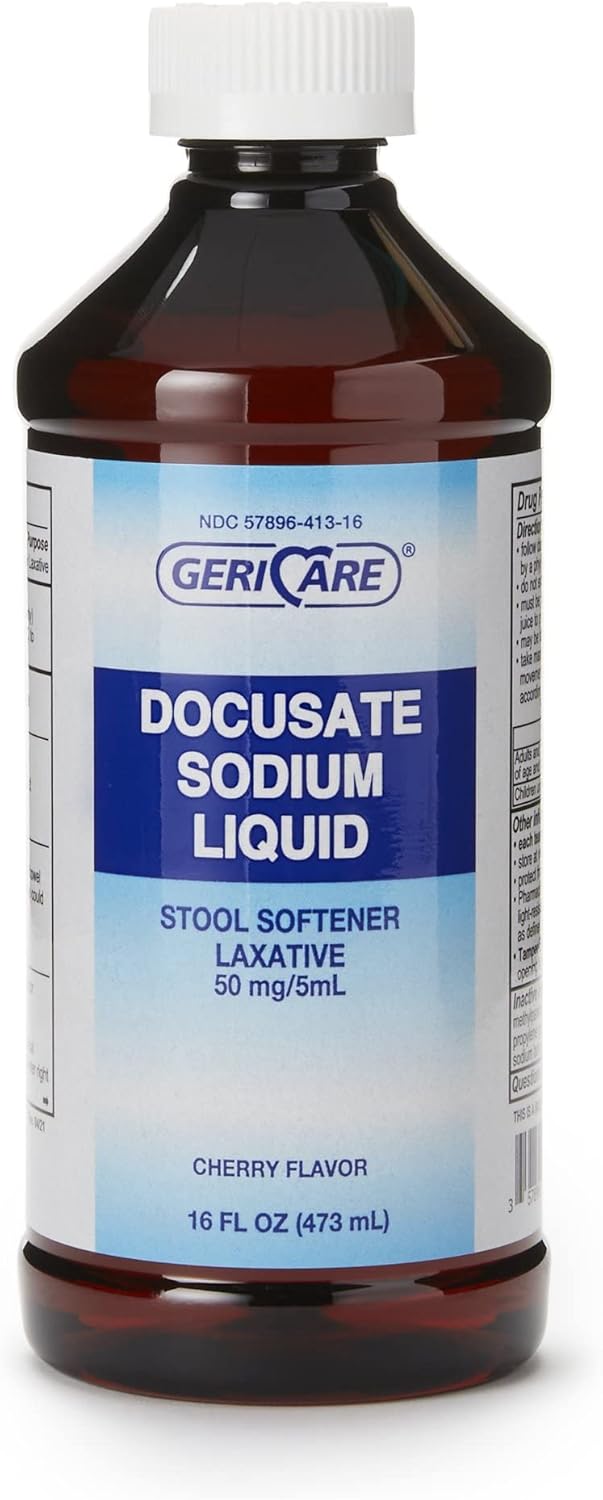
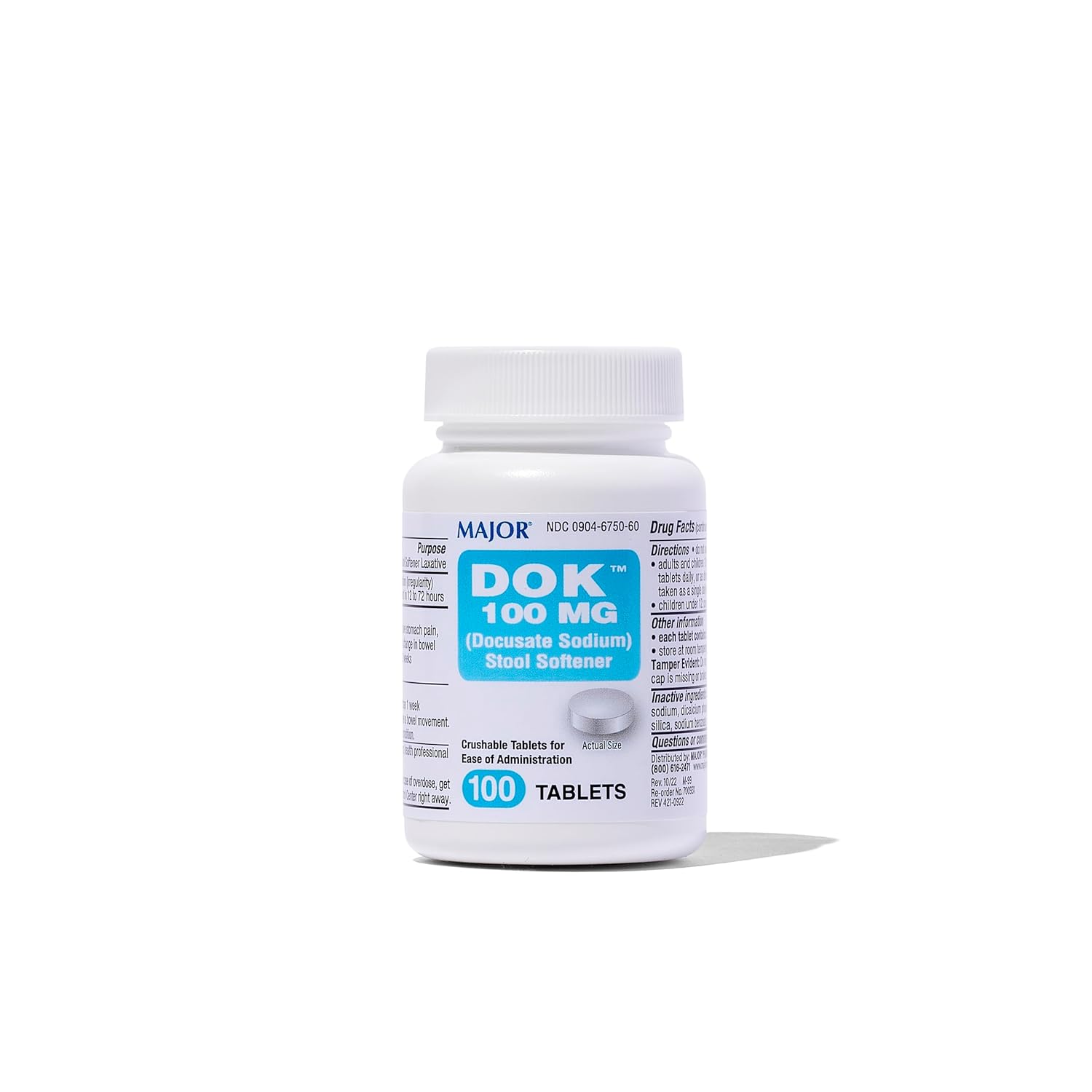
Docusate sodium
Br120.00 Select options This product has multiple variants. The options may be chosen on the product page -
-
Meclizine Hydrochloride
Meclizine Hydrochloride is an antihistamine used to treat motion sickness and vertigo.
Applications:
-
Prevents and treats nausea, vomiting, and dizziness from motion sickness.
-
Manages vertigo from inner ear disorders like Ménière’s disease.
Side Effects:
-
Common: drowsiness, dry mouth, and blurred vision.
-
Serious (rare): confusion, especially in older adults.
Br120.00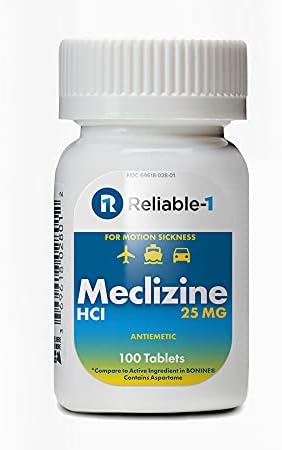
Meclizine Hydrochloride
Br120.00 Select options This product has multiple variants. The options may be chosen on the product page -
-
Dimenhydrinate
Dimenhydrinate is an antihistamine primarily used to prevent and treat motion sickness and nausea.
Applications:
-
Prevents and relieves nausea, vomiting, and dizziness from motion sickness.
-
Used for vertigo and inner ear disturbances like Ménière’s disease.
Side Effects:
-
Common: drowsiness, dry mouth, dizziness, and blurred vision.
-
Serious (rare): confusion (especially in elderly), fast heartbeat, and urinary retention.
Br120.00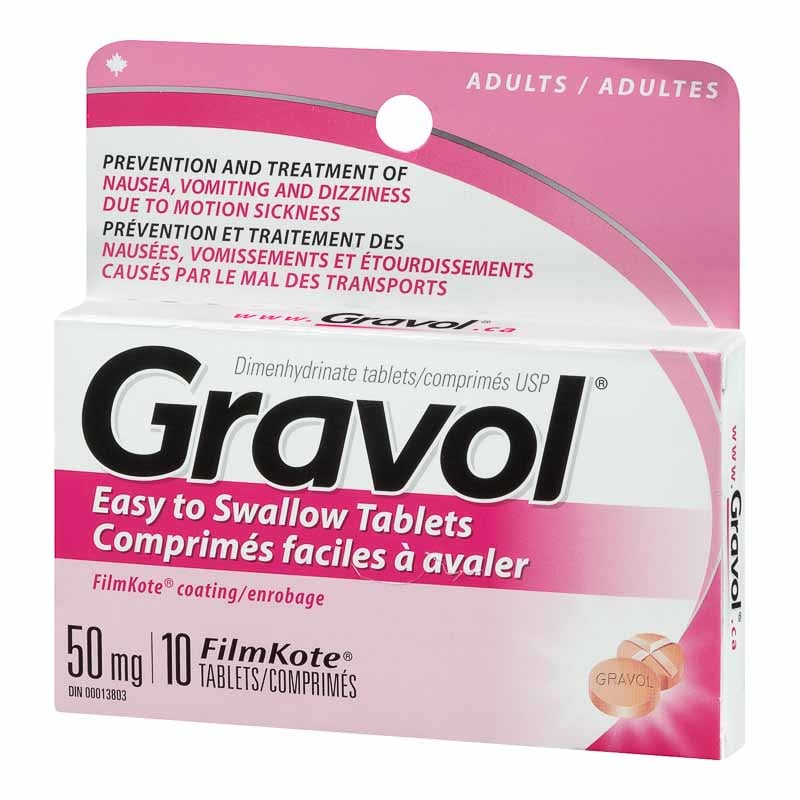
Dimenhydrinate
Br120.00 Select options This product has multiple variants. The options may be chosen on the product page -
-
Hyoscine/Scopolamine Butyl bromide
Applications:
-
GI Spasms: Treats irritable bowel syndrome (IBS), diverticulitis, and abdominal cramps.
-
Biliary/Urinary Colic: Relieves pain from gallstones or kidney stones.
-
Endoscopic Procedures: Reduces intestinal motility during colonoscopy.
-
Menstrual Cramps: Eases dysmenorrhea (off-label use).
Side Effects:
-
Common: Dry mouth, dizziness, blurred vision (mild anticholinergic effects).
-
Serious (Rare):
-
Tachycardia (fast heart rate).
-
Urinary retention (especially in elderly men with prostate issues).
-
Allergic reactions (rash, anaphylaxis).
-
Br120.00
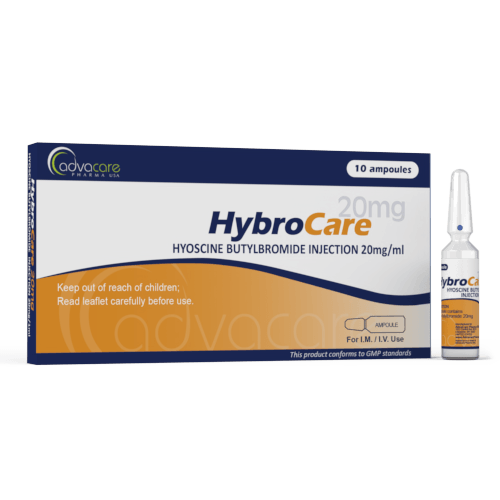
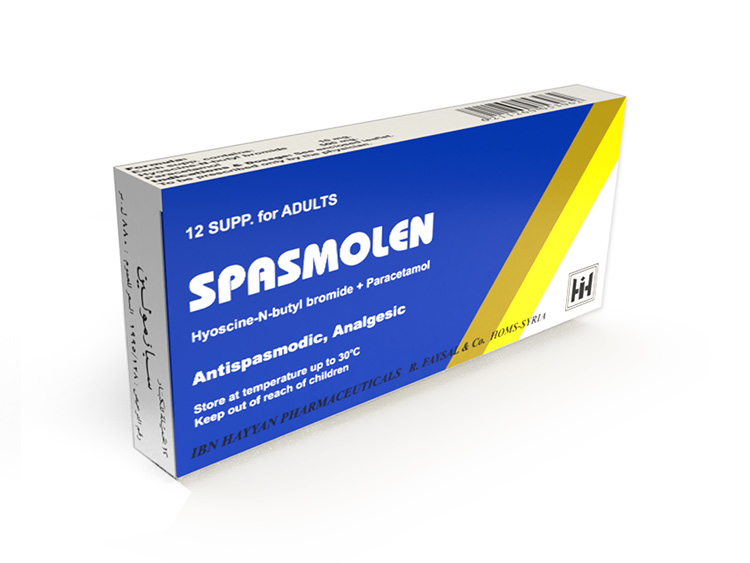
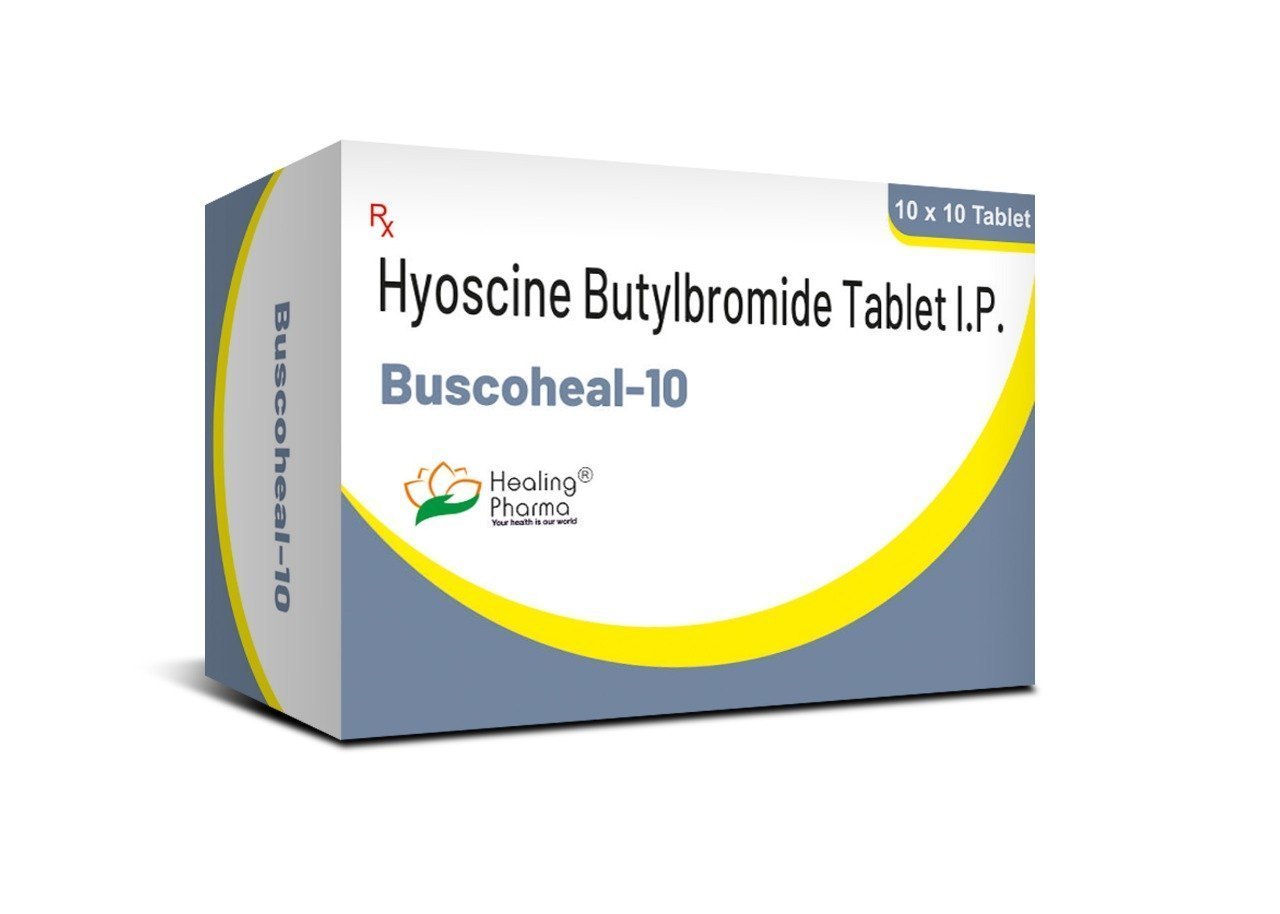
Hyoscine/Scopolamine Butyl bromide
Br120.00 Select options This product has multiple variants. The options may be chosen on the product page -
-
Atropine Sulphate
Applications:
-
Pre-Anesthesia: Reduces saliva and respiratory secretions before surgery.
-
Bradycardia: Emergency treatment for abnormally slow heart rate.
-
Poison Antidote: Countacts organophosphate or nerve agent poisoning.
-
Ophthalmic Use: Dilates pupils for eye exams or inflammation treatment.
-
GI Disorders: Relieves spasms in irritable bowel (rarely used today).
Side Effects:
-
Common: Dry mouth, blurred vision, rapid heartbeat, dizziness.
-
Serious:
-
Hallucinations/confusion (high doses)
-
Urinary retention
-
Glaucoma attacks (with eye drops)
-
Dangerous tachycardia (overdose)
-
Note:
-
IV/IM use only in emergencies (hospital/EMS).
-
Reverses life-threatening cholinergic toxicity (e.g., pesticide poisoning).
Br120.00
Atropine Sulphate
Br120.00 Select options This product has multiple variants. The options may be chosen on the product page -
-
Ranitidine
Applications:
- Used to treat gastroesophageal reflux disease (GERD), peptic ulcers, and conditions where the stomach produces too much acid (like Zollinger-Ellison syndrome).
- Reduces stomach acid production, helping to heal ulcers and manage heartburn or acid reflux.
- Can be used for the prevention and treatment of ulcers and conditions like indigestion.
Side Effects:
- Common side effects include headache, dizziness, constipation, or diarrhea.
- Rare but serious side effects may include liver problems, irregular heartbeats, and severe allergic reactions.
- Long-term use can occasionally lead to vitamin B12 deficiency.
Ranitidine is effective in controlling excess stomach acid but was withdrawn from many markets (including the U.S.) in 2020 due to concerns over a potential carcinogenic impurity. For those still using it, monitoring for side effects is important, especially if taken for prolonged periods.
Br120.00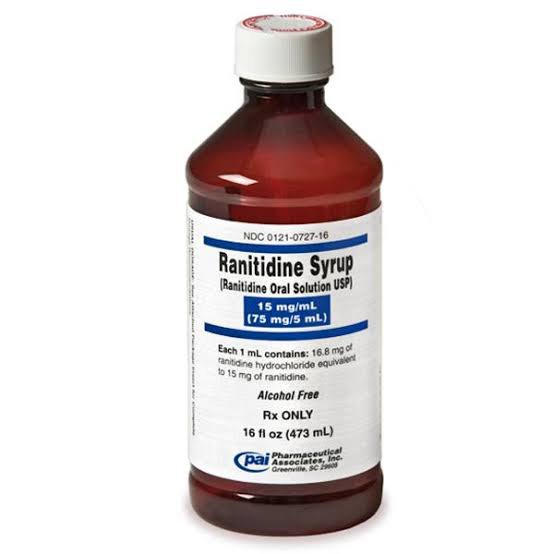
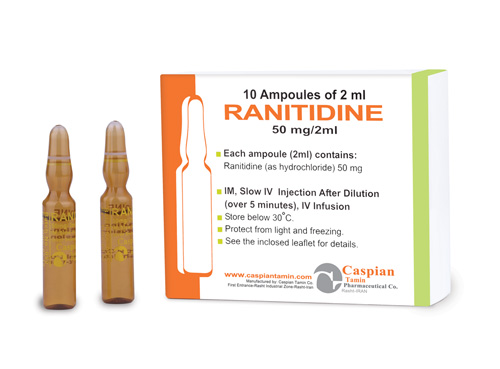
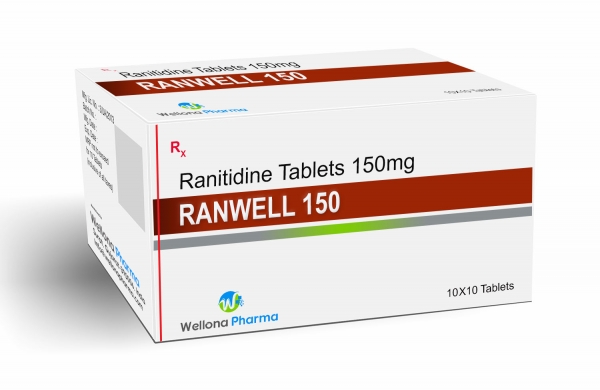
Ranitidine
Br120.00 Select options This product has multiple variants. The options may be chosen on the product page -
Famotidine
Applications:
- Used to treat gastroesophageal reflux disease (GERD), ulcers, and conditions caused by excess stomach acid like Zollinger-Ellison syndrome.
- Helps reduce stomach acid production to promote healing and relieve symptoms like heartburn.
Side Effects:
- Headache, dizziness, and constipation.
- In rare cases, can cause confusion, especially in older adults or those with kidney issues.
Famotidine is effective for managing acid-related digestive disorders and is generally well-tolerated. However, like any medication, it can cause side effects, especially in individuals with pre-existing kidney conditions.
Br120.00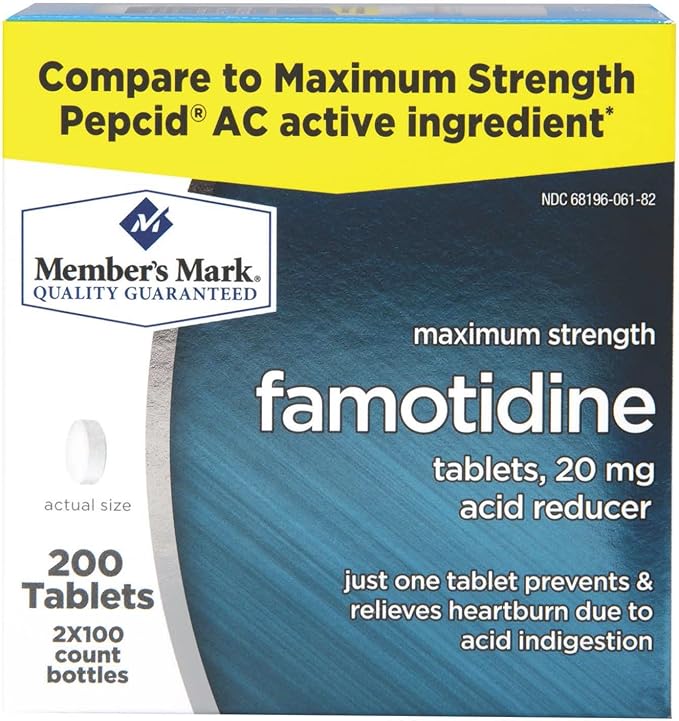

Famotidine
Br120.00 Select options This product has multiple variants. The options may be chosen on the product page

